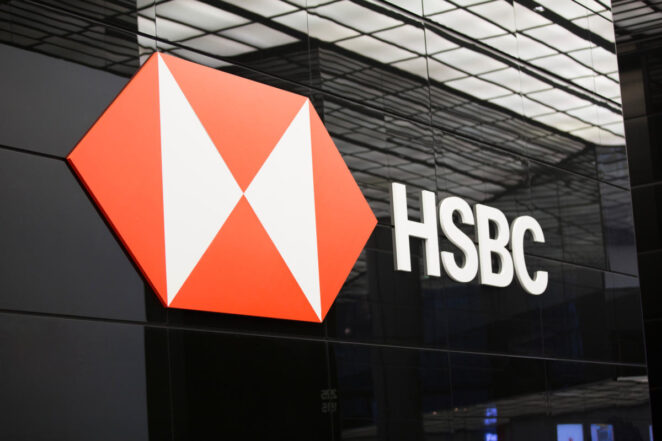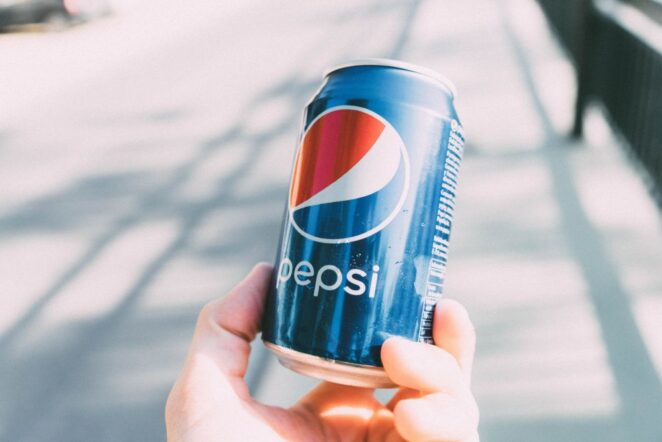Global business expansion is easier now than ever before, yet linguistic and cultural differences remain a major challenge for expanding companies to overcome. In a globally interconnected business environment, translation and localization have become fundamental pillars of any brand building or international marketing process. An adequately localized brand is poised to make unlimited success all around the globe, whereas a small mistranslation within a branding or marketing message could ruin everything and result in big reputational and financial losses.
There are countless examples of multinational companies and prominent global brands that failed to carry forward their success into new markets because of poor or inaccurate translation. In this post, we showcase 5 instances of times when brand localization missed the point and came with reverse effects that cost those who made it millions of dollars. We also delve deeper into how to avoid such blunders and conclude the key takeaways from these failure stories. If you are taking your business to a global level and aiming for international success, read on!
-
HSBC

In 2009, giant banking and financial service provider HSBC failed to accurately transform the success of its 5-year old catchphrase outside the states. When translated into other languages, the bank’s booming advertising tagline “Assume Nothing!” read as “Do Nothing!” and confused the potential customers of the brand in the new markets. This small yet catastrophic localization mistake cost the bank as much as $10 million to clear out the confusion and perform a rebranding campaign under the new slogan “The world’s private bank”. Despite being contained, HSBC’s localization blunder caused one of the biggest financial damages in the bank’s history.
-
KFC
The popular fast food brand KFC is always seen as an epitome of global branding success. However, this was not the case when the brand debuted in China. The global slogan for KFC “Finger-licking’ good” translated to ‘Eat your fingers off’ in the Chinese language, a weird catchphrase that failed to capture the customers’ interest. The launch of KFC’s first restaurant in Beijing in the late 1980s was surprisingly a big failure due to the mistranslated slogan. KFC, however, eventually managed to rectify the situation and become the top service restaurant brand in China with more than 4,400 restaurants all across the country.
-
Pepsi

It might be funny as we read it now, but it was a terrible blunder back then. Pepsi’s vibrant and successful 60s tagline “Come alive with the Pepsi generation” had a pretty different interpretation in China. The literal translation of the beverage brand’s slogan read metaphorically in Mandarin that Pepsi brings your ancestors back from the grave or Pepsi brings your relatives back from the dead. Well, we all know Pepsi wouldn’t. Pepsi’s translation pitfall brought a myriad of negative results to the company’s promising expansion in the Chinese market.
-
Paxam
This one is gross! Iranian consumer goods brand Paxam had its laundry soap product name, meaning “Snow” in Farsi, translated as ‘barf.’ in other countries. It seems quite justified that the mistranslation provoked giggles among consumers and drove them away from the Iranian product. No one would actually have bought a detergent named “Barf”, even if it was just a small translation fail.
-
Mercedes Benz

German car manufacturer Mercedes Benz made a linguistic blunder also in China. Upon expansion, the company’s brand name was converted to “Bensi” which means “rush to die” in the Chinese language. The company soon realized the problem and rebranded its name to be “Benchi”, meaning “run quickly as if flying”. Imagine the massive losses Mercedes would have incurred if their Chinese slogan remained “rush to die” for a few more days.
-
Ford
When American automotive giant Ford expanded its business in Czech, brand localization was not something that they excelled at. The car manufacturer’s decision to copy and translate their successful campaign’s slogan “Every Car Has a High-Quality Body” did not seem a good idea. When translated into the native language, the slogan turned into “Every Car Has a High-Quality Corpse”! We don’t think anyone would be interested to buy a car with a dead body inside. Ford’s slogan provoked nothing but laughter. The company failed to attract Czech’s consumers or generate sales until a rebranding campaign took place.
How to Avoid These Mistakes

As you see, hundreds of global expansion failures and financial losses are attributed to unintentional translation errors. If you want to evade such mistakes, you need to source professional localization solutions from a specialized and experienced language service provider (LSP) such as future-trans.com. Preparing your marketing strategy with the help of native and expert linguists is a guaranteed way to avoid linguistic pitfalls and ensure a culturally-relevant translation of your marketing messages.
However, it is important to choose the right localization partner with regards to quality, price, and turnaround times. Amid the market clutter, a reliable in-country localization company will have:
- A strong track record of successful localization projects
- A team of native linguists and subject matter experts
- A stringent quality management system
- A smooth communication flow
- And a list of satisfied customers
The Takeaway
To sum up, brand localization is the right way toward a successful global expansion, although it is not easy as it seems. Throughout history, there were several cases where translation mistakes hurt the reputation of globally recognized brands and hit their revenues. A time- and cost-efficient solution in today’s competitive market, though, is collaborating with a trustworthy localization agency and getting a team of highly-qualified and detail-oriented linguists at your service.
Talking numbers, investing in good localization saves you the cost of fixing unforeseen problems and speeds up your time-to-market. It is fair to say that every spend you make to cater your brand message to your new target audience brings in a higher return on your investment (ROI). Simply put, a well-crafted localization strategy along with deliberate integrated marketing communications (IMC) is the ultimate recipe for global business success.
 Vermont Republic Second Vermont Republic
Vermont Republic Second Vermont Republic




